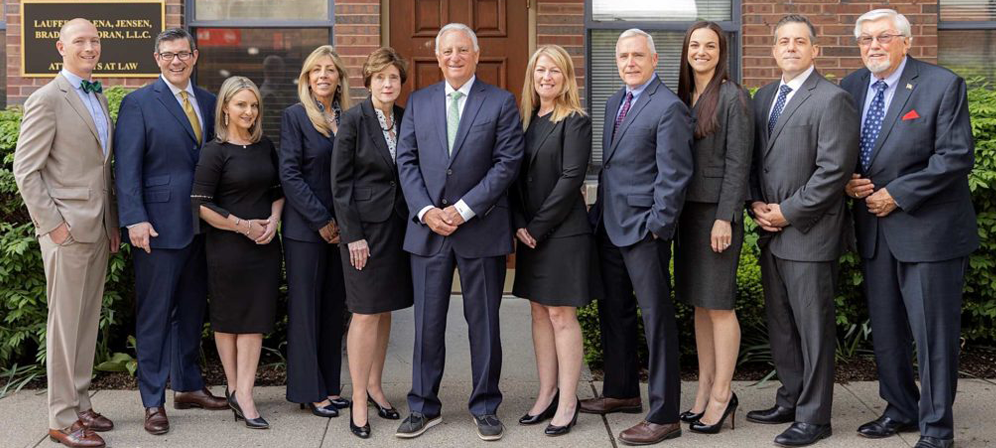If you’ve suffered an injury on the job, you may have more than one option for obtaining the money you need to get medical treatment and rehabilitation and to provide for your family while you’re unable to work. Many people are able to get both workers’ compensation and Social Security disability benefits.
Neither the federal government nor workers’ compensation insurers want to pay benefits to people who don’t need them. Submitting fraudulent claims can land people in serious legal jeopardy. The Social Security Administration (SSA) has disability examiners who are on the lookout for fraud. Typically, however, they don’t look at beneficiaries’ social media pages for evidence that they’re not as badly injured as they claim to be.
That could change if some in Congress and the Trump administration succeed in their efforts to use social media to determine whether claims are valid. Administration officials have been working with the SSA on a proposal to expand the agency’s social media scrutiny when determining whether to approve requests for benefits.
However, disability advocates point out that social media posts — even photos — can be deceiving. As one attorney notes, “Just because someone posted a photograph of them golfing or going fishing in February of 2019 does not mean that the activity occurred in 2019.” Further, many people prefer to post photos of themselves appearing healthy and happy even if they’re neither.
A former Social Security administrator notes, “Social media sites are not exactly clear and reliable evidence.” He argues that “you need professionally trained fraud investigators” to determine whether someone is wrongfully receiving benefits.
Workers’ compensation insurers are also striving to prevent fraud, which hurts everyone — including workers who have legitimate claims and rely on the compensation for income. These insurers can also look at people’s public social media posts.
That’s why it’s generally wise to be careful about what you’re posting while you’re receiving workers’ compensation and other disability payments. Perhaps its best to take a break from social media completely – – at least from posting. Your attorney can provide valuable advice on this issue.


